Thank You, Chris Kenning! This is the 2nd post in a series where volunteer Chris Kenning is documenting WaterStep’s work to save refugees in Nigeria. Click here to read Chris’s first report.
 We passed countless Nigerian Army and vigilante checkpoints before we pulled into Maiduguri, just before the city was sealed off for the night to guard against attack by Boko Haram. Even so, suicide bombers would set off multiple explosions here before we left.
We passed countless Nigerian Army and vigilante checkpoints before we pulled into Maiduguri, just before the city was sealed off for the night to guard against attack by Boko Haram. Even so, suicide bombers would set off multiple explosions here before we left.
We’d arrived in the birthplace of Boko Haram in northeastern Borno state, after 12 hours of spine-crunching potholes in a Toyota Hi Lux loaded with WaterStep’s M100 water chlorinators, bleach makers and other humanitarian supplies. The landscape grew flatter and drier as we went toward the Sahara.
Driving was Sulaiman, the son of a renowned Nigerian Islamic leader and a mother with royal tribal roots. He was taking time from his job as a civil and water engineer to lead the non-profit Victims of Violence. It’s a group of several hundred Nigerian professionals who in part provide volunteer medical help, education and water aid to Nigerian’s humanitarian crisis.
The Army has recaptured a number of towns from the Islamic insurgents, who have killed more than 20,000 in recent years, abducted women and laid waste to the region. But now nearly 2 million are displaced from their homes, living in dusty, overburdened camps or impromptu settlements where shelters are made f branches and plastic scraps.
Millions, including some returning home, face severe shortages of food, clean water and shelter. Amid “famine-like conditions,” the UN has warned that 75,000 more children could starve to death in the coming months. And disrupted access to clean water is a breeding ground for disease like cholera and diarrhea.
Sulaiman and I had to get a military escort in order to drive to Mafa, where Boko Haram had attacked but was now in control of the government. We joined a convoy that included military trucks with soldiers carrying AK-47s on the back. Along the way, we saw a charred tank and a truck riddled with bullets. Roadside trees had been cut and burned to reduce the chance of an ambush.
We found a ghost town, its large school turned into a camp for “internally displaced persons.” Around the grounds were smoke from cooking fires and lean-tos made of branches or woven grass and blankets or tarps. Women lugged yellow plastic buckets to a water pipe set in mud, trash and bacteria. Others were getting water from a contaminated open well. A nurse from UNICEF told me that waterborne diarrhea was an issue, a problem that can mean trouble for an already weak and malnourished child.
We met locals who had returned home after the Army flushed out the jihadists only to find their town decimated, their homes destroyed and their crops and animals gone. One woman said that her plastic bucket was all she had left. Her youngest child was malnourished and sick, she said.
Soon Sulaiman was hatching plans for tanks, pumps and new and cleaner sources of water to help.
“This project could really help here,” he said.
 Along the road on the way back to Maiduguri, we stopped for some women and children who were indicating they were desperately thirsty. We handed over the rest of our water. They were fleeing Boko Haram, they said. Sulaiman said we’d take them to the next military checkpoint. They climbed in the bed of the pickup.
Along the road on the way back to Maiduguri, we stopped for some women and children who were indicating they were desperately thirsty. We handed over the rest of our water. They were fleeing Boko Haram, they said. Sulaiman said we’d take them to the next military checkpoint. They climbed in the bed of the pickup.
“I checked them for suicide bombs,” he said as we got back in the truck.
At the checkpoint, the soldiers chided us for taking such as risk. Many women had exploded bombs. And indeed, a couple of days later, suicide bombers struck that very outpost.
Read more about WaterStep’s work in Nigeria soon.


